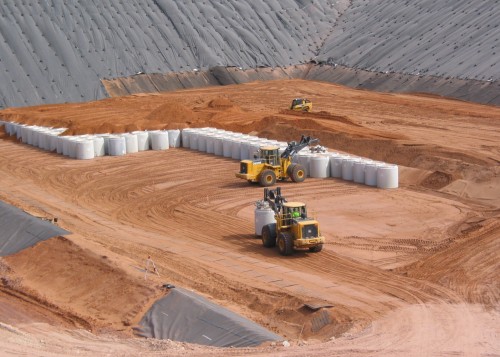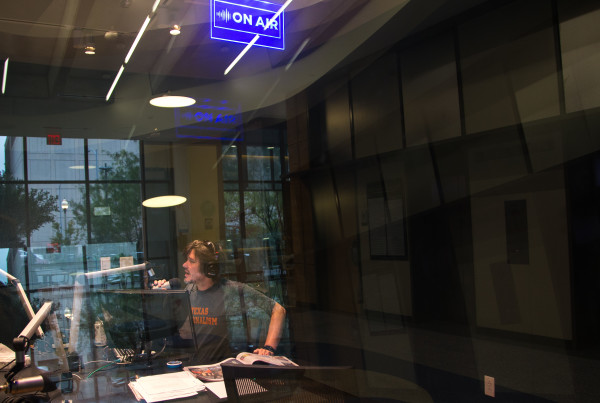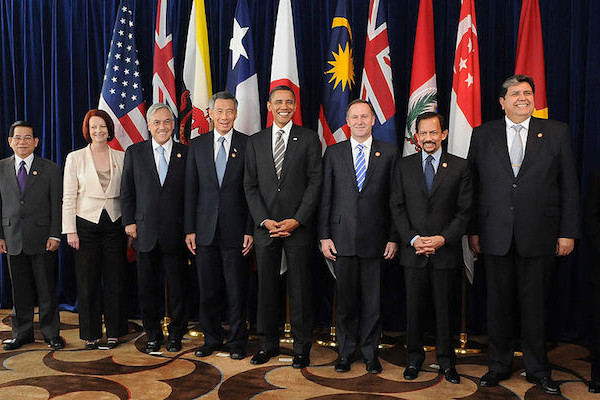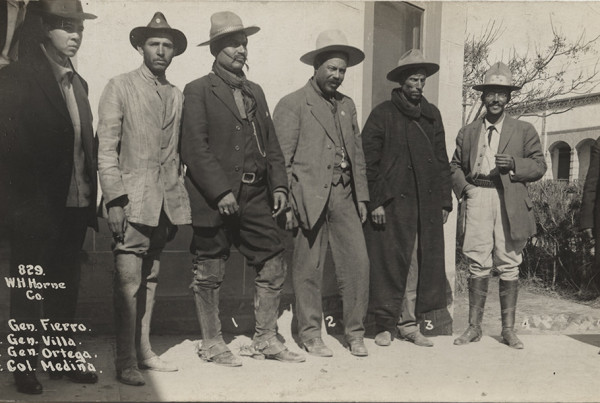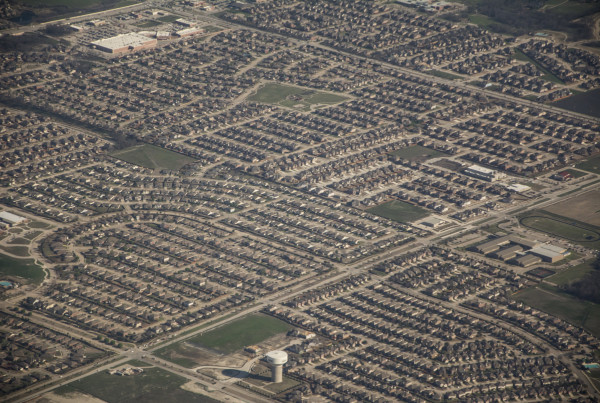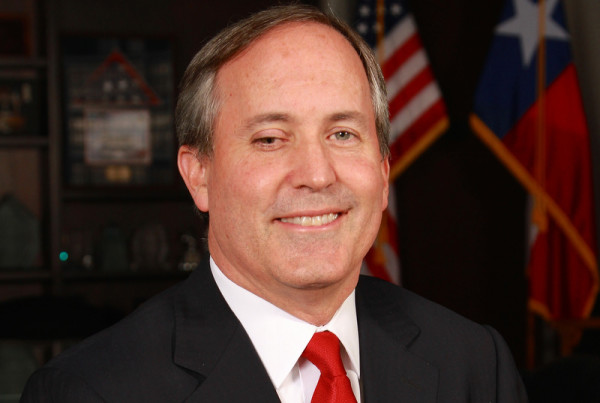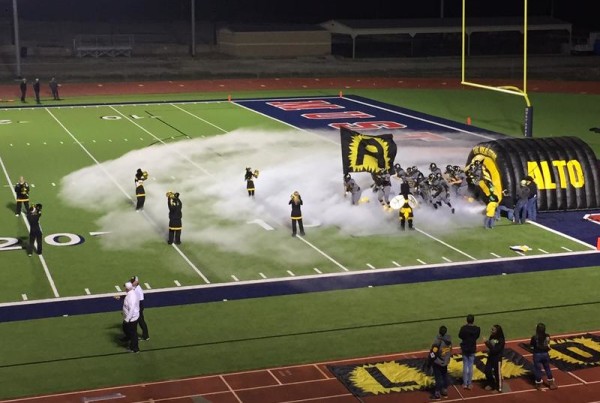This story originally appeared on Marfa Public Radio.
The West Texas nuclear waste site in Andrews County near the New Mexico border is being sold to an international nuclear waste processing and disposal company based in Utah.
According to Chuck McDonald, a spokesperson for Waste Control Specialists (WCS), the $367 million deal doesn’t mean the company’s prospective new owners are planning any changes for the site.
“They plan to keep the facility fully operational and continue growing the business,” he said.
A company called Valhi, Inc. currently owns WCS. It’s selling the above-ground nuclear waste site to Utah-based Energy Solutions, a company with nuclear waste processing, recycling and disposal sites in the U.S., Canada and overseas.
Valhi said the sale will allow WCS to “expand the range of services available to its customers,” something WCS has already been trying to do, and something environmental groups aren’t happy about.
The company currently stores what’s called “low-level” nuclear waste. That includes things like contaminated tools and rags. It’s hoping to eventually store “high-level” waste, like used nuclear fuel from the nation’s power plants.
The federal government still doesn’t know where to put all that waste, but WCS wants to be its home, as do two counties in New Mexico.
Some West Texas ranchers recently organized against yet another planned high-level nuclear site in Culberson County north of Kent, Texas. That plan appears to have fizzled. The family that owns the land where it was to be built has backed out, and Bill Jones, the Texas Parks and Wildlife Commissioner behind the plan, hasn’t responded to multiple requests for an update in recent months.
The competition’s on, but McDonald argues that his company is the most viable location for long-term “interim” storage of high-level waste, because it’s already been allowed to store that lower-radioactive waste.
“I mean, when you have a facility that’s been thoroughly vetted and gone through all the environmental reviews that comes with the licensing process, I think that’s what separates WCS’ proposal from any other ones,” he said.
Environmental groups like the Sierra Club and the anti-nuclear waste group Sustainable Energy & Economic Development (SEED) Coalition have criticized WCS for years, saying the company has misled lawmakers be slowly asking to store more radioactive types of waste.
The SEED coalition is praising the news of the sale, calling it a “surprise” and hoping it opens the door for more scrutiny.
“The sale of the company is an opportunity to ensure better environmental oversight and to insist that no high-level radioactive waste storage be permitted,” the group’s executive director Karen Hadden said in a statement.
Hadden and former Fort Worth Rep. Lon Burman are part of the newly-formed opposition group “No Nuclear Waste Aquí” aimed at fighting prospects for high-level waste in Texas. In West Texas, the group Ranchers Coalition was formed to specifically oppose Bill Jones’ Culberson County plan.
The sale still has to approved by federal regulators, but it’s expected to close by the first half of 2016. If the sale moves forward, the expertise, resources and global footprint of Energy Resources could help bolster the West Texas site’s efforts to expand.


